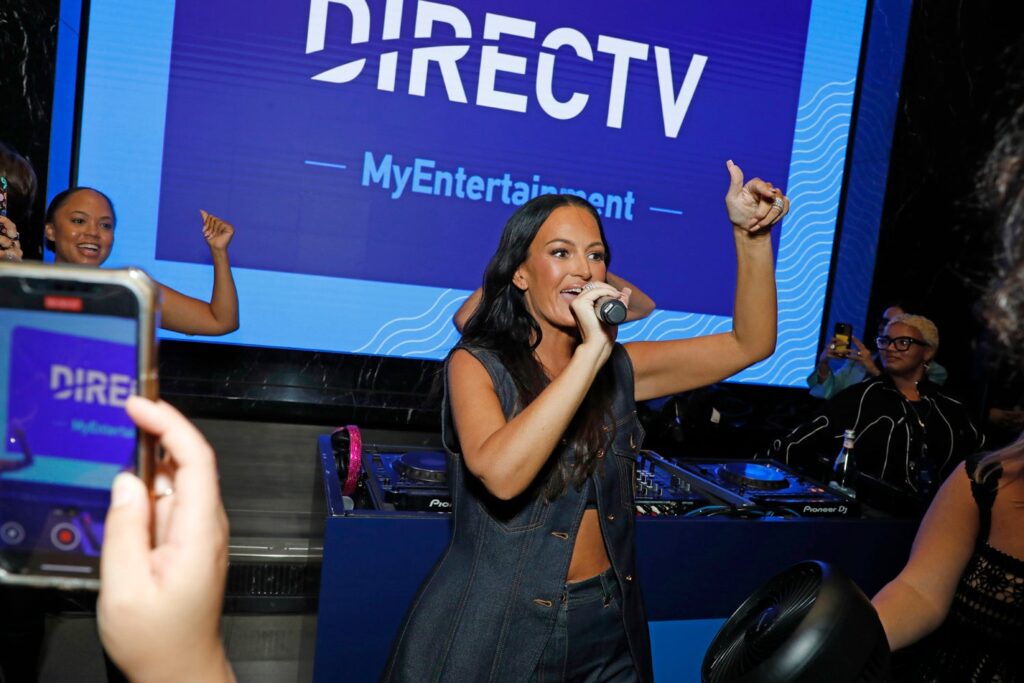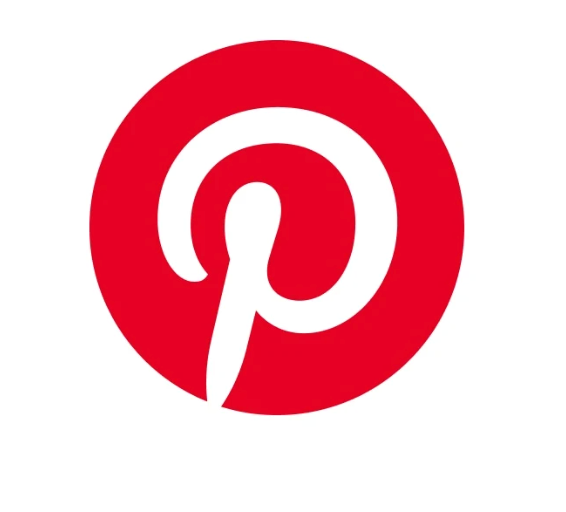If you lived through the dot-com bubble, you could be excused for thinking you’d slipped through a wormhole in time and landed back in 1999. In rapid-fire succession, a slew of the biggest online ad players announced plans to get a lot bigger by acquiring platforms, technologies or expertise they hadn’t had before.
Those growth plans may present Web marketers with some difficult decisions as they move forward, the Federal Trade Commission and Justice Department willing.
-
The first offer made the biggest splash: Google wants to buy DoubleClick and is willing to pay $3.1 billion, primarily for the technology that lets DoubleClick serve display and rich media ads to Web pages and then measure their performance. DoubleClick also has several established relationships with advertisers that Google could make use of, not to mention its affiliate network and search marketing agency Performics.
-
Microsoft originally was thought to have been outbid for DoubleClick, but that was disproved a month later when the company offered almost twice as much — more than it had ever paid for an acquisition — for aQuantive, an online marketing company whose holdings include the Atlas ad-serving platform, an ad network, and agency Avenue A/Razorfish.
-
The sale of 24/7 Real Media to WPP Group, one of traditional advertising’s big three companies, will bring WPP a software platform that can serve and track display ads and a network of sites to run them.
-
While advertiser relationships are counted among their assets, the deals are primarily about technologies that can bring advertisers and Web publishers together. That’s the basis for Yahoo!’s purchase of Right Media, a company in which it previously held a minority stake. Both DoubleClick and Right Media operate real-time ad exchanges that help publishers sell their display-ad inventory to advertisers.
To some extent, the acquisitions are strategic: Google’s move virtually required that Yahoo! and Microsoft respond. But they also reflect the notion that the efficiencies that made search marketing such a success may now be extended to display ads, banners, rich media and eventually video ads. These formats are still being sold piecemeal by Web publishers, and in a way that makes it hard for advertisers to manage their returns.
For example, Microsoft’s interest in aQuantive is partly based on its work with placing and measuring video-on-demand ads, which “complements things we’re doing around MSN Video and [Internet TV],” said Kevin Johnson, president of Microsoft’s platforms and services division, in explaining the transaction at a press conference.
These deals may represent the wave of the future, but there are concerns about conflicts of interest between advertisers and search engines, and among the engines themselves.
For example, observers are waiting to see what Google will do with Performics’ search marketing division, on the assumption that the sight of a search engine actually managing search marketing for clients risks looking improper. Will Google use what it knows about its own ad-quality scores to keep Performics clients at the top of the sponsored ad lists? At the same time, will clients feel sure that Performics’ managers are spending enough on pay-per-click ads with search engines other than Google?
Then there’s the issue of how much access an agency owned by a search engine can have to ad-performance data on another engine’s network. Google could get a deep look into MSN adCenter by running Performics clients’ campaigns, and Microsoft could return the favor through Atlas. The engines also commonly make their reporting available to search and ad agencies through application programming interfaces. But will they be so ready to supply those APIs when the agency is owned by a rival?
Such fears may have motivated DoubleClick customer AOL to buy German ad management firm Adtech A.G. in May. They might also have contributed to WPP’s decision to pick up 24/7. The ad giant reportedly is interested in turning 24/7’s tech platform into an ad server, to avoid using either DoubleClick or Atlas for that purpose.
And before WPP’s announced acquisition, 24/7 was playing to marketers’ concerns about giving Google too much control, running a banner headline on its site that read: “Congratulations to GoogleClick Nation — Defectors Click Here.”
The Deal Report
April 13, 2007: Google announces intention to acquire DoubleClick; offers $3.1 billion
April 30: Yahoo! buys outstanding shares of Right Media for $680 million
May 16: AOL purchases Adtech A.G. for undisclosed price
May 17: WPP Group pays $649 million for 24/7 Real Media
May 18: Microsoft says it plans to buy aQuantive, offering $6 billion — BQ



